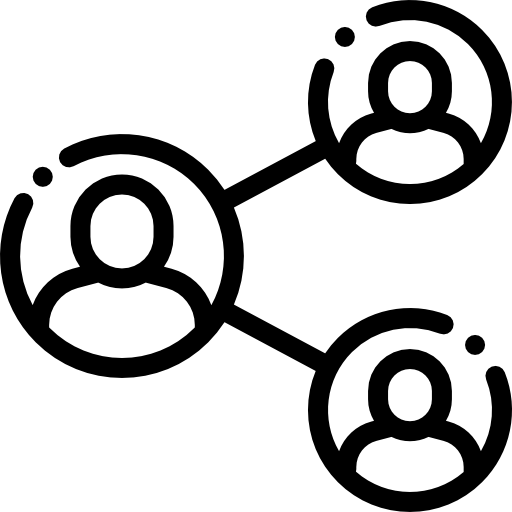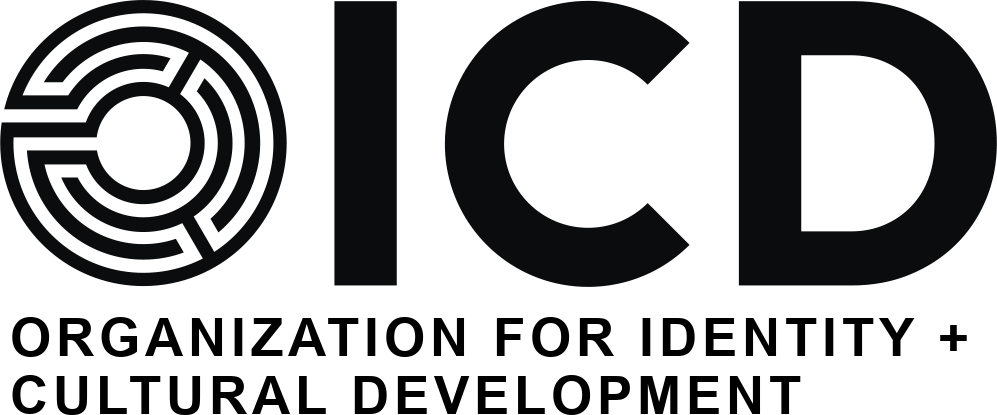7-Steps to increase engagement, respect & inclusion
An innovative tool that you can use in the classroom IMMEDIATELY
Improving classroom culture
We are seeing a rise in disengagement, polarization, and challenging behaviors. This mind-mapping activity works by tapping into deeply held self-concepts (identities) and helping students and teachers to reengage in building a positive, inclusive classroom culture.

Proven Outcomes

Cultivate inclusive classroom culture
Identity mapping encourages us to reflect on our own identities, values, and beliefs, increasing self-awareness and appreciation of diversity, building a sense of belonging and enabling the fulfilment of potential.

Improved relationships
This mapping activity facilitates open and honest communication between teachers and students. It allows for meaningful conversations about personal experiences, stereotypes, and biases, which can strengthen relationships and build empathy and respect.

Increased engagement
Identity mapping helps teachers design lessons and activities that are relevant and meaningful to students, increasing their overall engagement and attainment
Research Led Engagement Technique

60 minutes to master a new way to use mind-mapping
A simple activity, tried and tested internationally, with beneficial extension activities.
Developed by

We are a non-profit organization working to bridge academic research and practice.
We have worked in conflict transformation, community building, social work, education, and other social good and justice sectors where understanding identity is critical in resolving deep-rooted problems.
The OICD is independently funded and non-partisan. Our science-based research drives our work. We take a Human Sciences rather than an Identity Politics approach.
See our work with UNESCOIDENTITY ≠ IDENTITY POLITICS
We define "identity" as used in human sciences - a psychological, social, and neurobiological system of self-representation.
Module 1: Goals & Benefits
Access the full course for FREE
What the course includes
- 60 minutes of video course content delivered by Dr. Bruce White
- A real-world case study from class teacher Helen Bickford
- 7 simple steps to deliver instant impact - modules delivered to your inbox daily
- Access to online support and implementation workshops
Instructor
Bruce White PhD
Bruce is an anthropologist who has pioneered methodologies to apply academic knowledge on identity and culture to real-world practice. The Founding Director of the Organization for Identity and Cultural Development (OICD) and Academic Director of the OICD Institute. He is also a former professor and former Dean of The Institute for the Liberal Arts, Doshisha University Kyoto, and a consultant to international NGOs in the fields of conflict transformation, cultural heritage and education.
Testimonials from our professional development program
It added an additional layer to thinking about and understanding how to relate to young people in the classroom. It offered ways to think through how to interpret learner identities to allow for better engagement in learning.
Michelle Omoboni
Head Teacher, UK
I found this perspective so powerful - I have been talking about it to everyone I meet whenever I get the chance. I think about it all the time, the concept is so powerful and effective from early relationships to global conflict.
Jo Grant
Secondary School LSA
My school would love to be more involved with the project. In particular, we would be interested in an identity audit to help us review and shape a new behaviour recognition system which would develop pupil's identity literacy.
Claire
Senior Leader in Secondary School
COURSE DESCRIPTION
7 Steps to Engagement Using Mind Mapping
We guide you through the
simple, easy steps
used by the OICD across many different sectors. Rooted in academic research and reinforced with real-world classroom case study examples.
Extension activities are introduced at the end of the course as a means to help expand the benefits beyond the one activity.
Support
Access to online workshops where you can ask questions related to your specific problem and get support as well as network with other teachers in breakout rooms.
Consultations available to enable effective implementation in class as well as live whole-school training online.
© OICD 2024. All Rights Reserved
Privacy Policy

